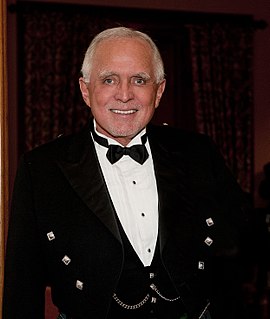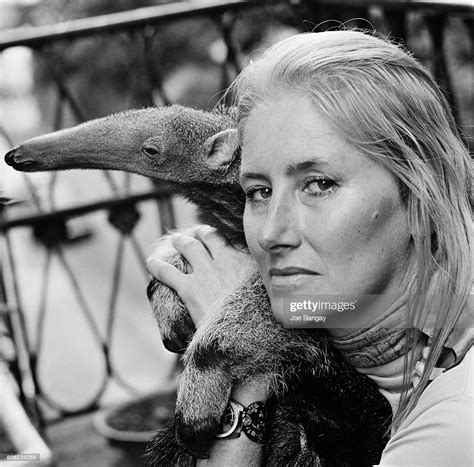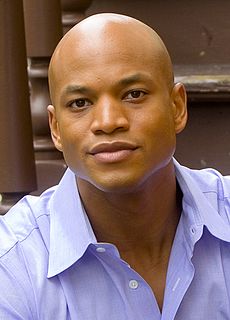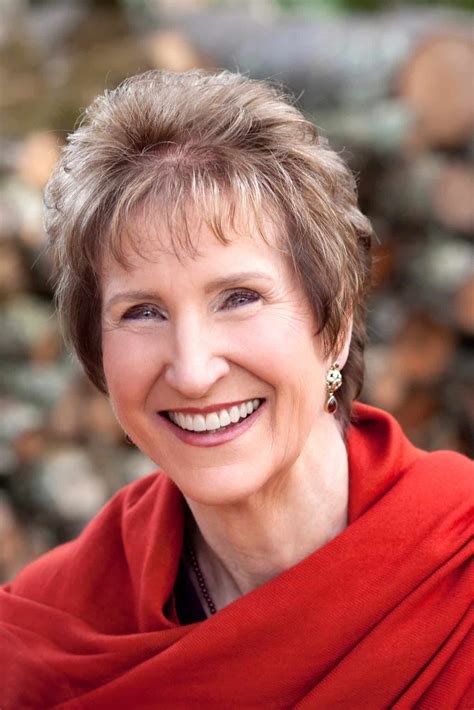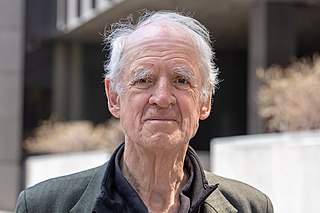A Quote by Dan Pena
Our lives are a series of lowered expectations year after year. We got pounded by everything around us. Just like our parents and their parents. We are products of our social and economic milieu.
Related Quotes
We do not go to bed in single pairs; even if we choose not to refer to them, we still drag there with us the cultural impedimenta of our social class, our parents' lives, our bank balances, our sexual and emotional expectations, our whole biographies-all the bits and pieces of our unique existences.
Our parents, our tribesman, our authority figures, clearly expect us to be bad or anti-social or greedy or selfish or dirty or destructive or self-destructive. Our social nature is such that we tend to meet the expectations of our elders. Whenever this reversal took place and our elders stopped expecting us to be social and expected us to be anti-social, just to put it in gross terms, that's when the real fall took place. And we're paying for it dearly.
Do you think that we're products of our environments? I think so, or maybe products of our expectations. Others' expectations of us or our expectations. I mean others' expectations that you take on as your own. I realize how difficult it is to seperate the two. The expectations that others place on us help us form our expectations of ourselves.
If it's possible, 2018 was a year in which it felt like everything was changing, and also like nothing was. While we set our global expectations for the next one, teeming with significant political, social and economic volatility, we're also considering more local possibilities - changes within our own communities, homes and bodies.
To me, the main difference between young people now and the people I was young with isn't so much style, it's the relationships they have with their parents. Their parents like them much more than ours liked us. Our parents weren't our friends. But now I see my friends on the phones with their, what, 30 - year - old kids? And they're talking about feelings.
We all think we’re going to be great and we feel a little bit robbed when our expectations aren’t met. But sometimes our expectations sell us short. Sometimes the expected simply pales in comparison to the unexpected. You got to wonder why we cling to our expectations, because the expected is just what keeps us steady. Standing. Still. The expected's just the beginning, the unexpected is what changes our lives.
This is a devastating problem, is, the longer our children are in school, the worse they do. Year after year after year, our children in America are falling further behind. Our 3- and 4-year-olds enter kindergarten OK, and they fall further and further behind. Each year, children in other countries are learning more than children in this country. And so the gap between American student performance in Singapore and Finland and South Korea and Canada and these other countries, the gap widens year after year after year.
It was no accident, no coincidence, that the seasons came round and round year after year. It was the Lord speaking to us all and showing us over and over again the birth, life, death, and resurrection of his only begotten Son, our Savior, Jesus Christ, our Lord. It was like a best-loved story being told day after day with each sunrise and sunset, year after year with the seasons, down through the ages since time began.
It's true. somewhere inside us we are all the ages we have ever been. We're the 3 year old who got bit by the dog. We're the 6 year old our mother lost track of at the mall. We're the 10 year old who get tickled till we wet our pants. We're the 13 year old shy kid with zits. We're the 16 year old no one asked to the prom, and so on. We walk around in the bodies of adults until someone presses the right button and summons up one of those kids.
Happiness is not like we were walking around fingering razor blades or anything like that. But it just sort of seems as if - we sort of knew how happy our parents were, and we would compare our lives with our parents and see that, at least on the surface or according to the criteria that the culture lays down for a successful, happy life, we were actually doing better than a lot of them were.
We have to understand that America can't just surrender and lose jobs year in and year out. We have to say to our friend in China, look, you guys are playing aggressively. We understand it. But this can't keep on going. You can't keep on holding down the value of your currency, stealing our intellectual property, counterfeiting our products, selling them around the world, even to the United States.
The United Nations and the Organization of American States have named 2011 as the International Year for People of African Descent. This is an opportunity for all of us around the globe to celebrate the diversity of our societies and to honor the contributions that our fellow citizens of African descent make every day to the economic, social and political fabrics of our communities.
We define our identity always in dialogue with, sometimes in struggle against, the things our significant others want to see in us. Even after we outgrow some of these others—our parents, for instance—and they disappear from our lives, the conversation with them continues within us as long as we live.
